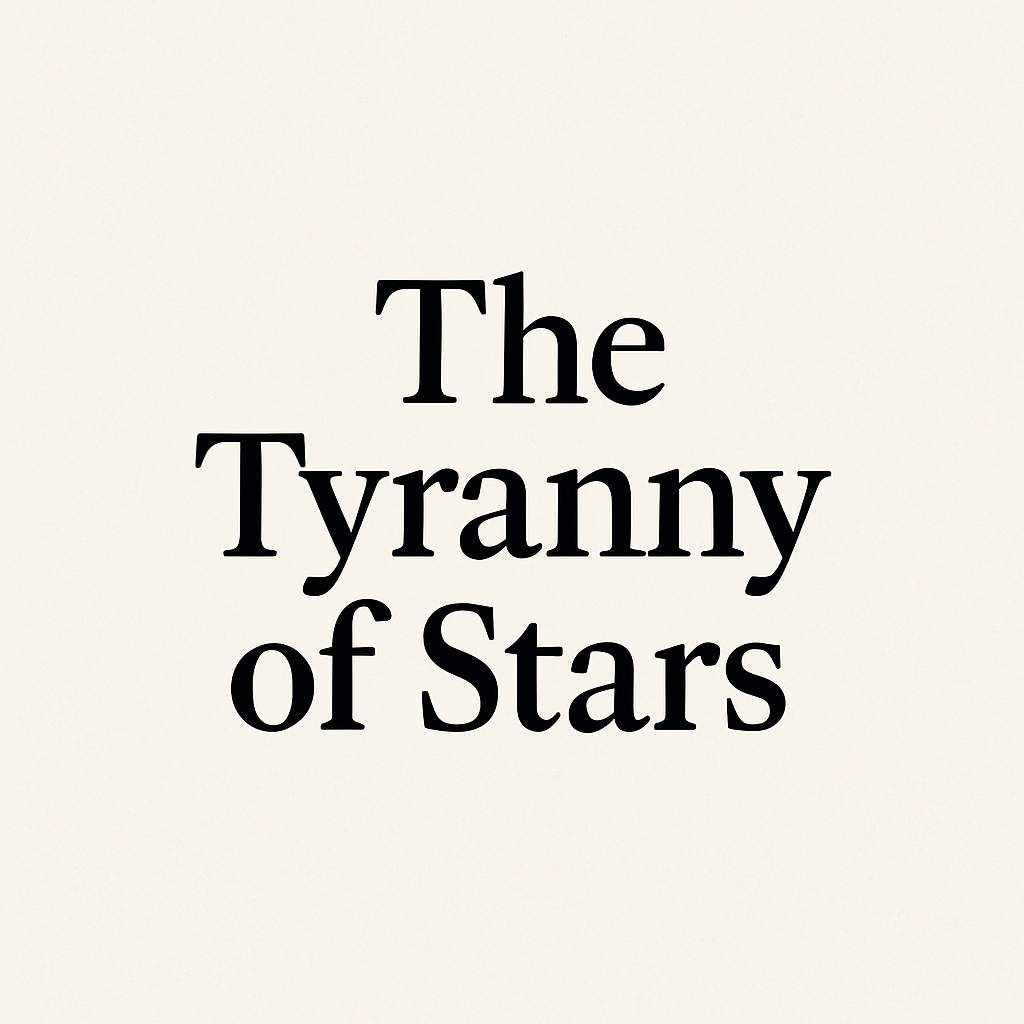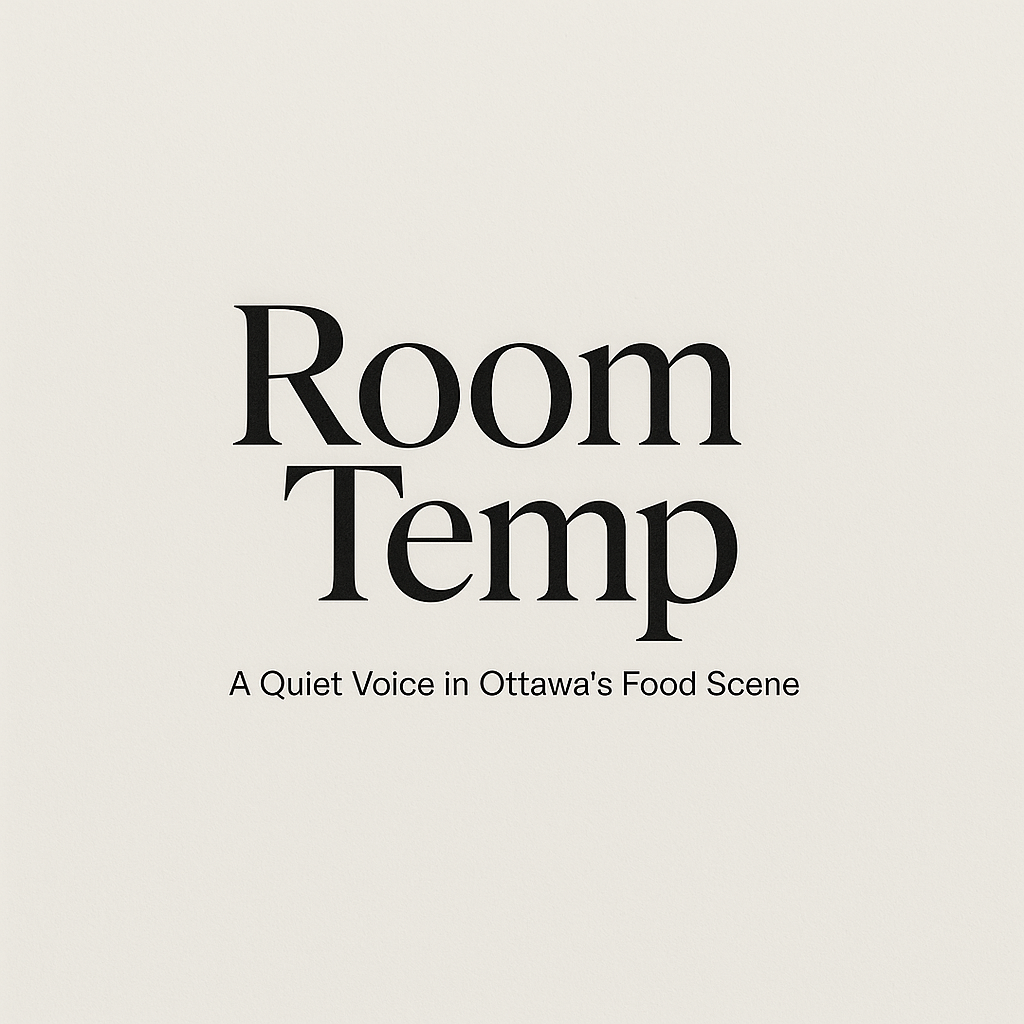The Tyranny of Stars

TripAdvisor and Yelp taught the world that every restaurant experience could be reduced to a star rating. Five stars if the water glasses stayed full, one star if the soup arrived lukewarm. A tidal wave of amateur criticism, flattened into a number.
The problem isn’t the data—it’s the illusion of authority. A diner who has eaten in five restaurants wields the same weight as someone who has eaten in five thousand. A birthday party gone sideways becomes a permanent scar on a restaurant’s page. A plate of fries served hot and salty earns the same praise as a carefully crafted tasting menu that took months to design.
What started as “the people’s voice” has become a blunt instrument. Chefs and owners know the real currency isn’t excellence but volume: how many friends you can cajole into leaving five stars, how quickly you can bury a bad review under good ones. Reputation management replaces hospitality; PR firms thrive where sommeliers once did.
These sites aren’t useless. They’re a map of human expectation, full of small confessions: “too noisy,” “great for kids,” “the bread was warm.” But they are not criticism. They’re Yelp reviews. They’re TripAdvisor posts. They’re pixels of preference, not perspective. A city that confuses them for real food writing, for real voices, risks something larger: believing that taste itself is democratic, when in truth, it’s painstakingly earned.
In Ottawa, the problem is magnified. There is no true food writer here—no steady voice to separate craft from convenience, no critic to push the conversation past star ratings and hashtags. In a vacuum, the stars shine brighter than they should.
